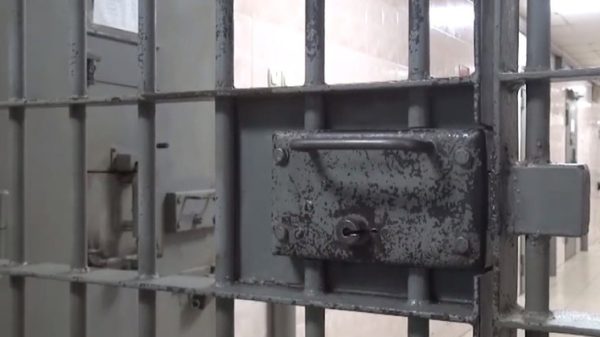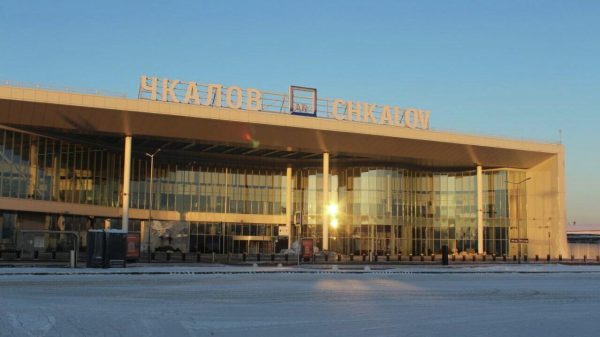 Jeremy Hunt has been urged to link increases in state pensions to rising incomes or the cost of living. Photo: Henry Nicholls/AFP
Jeremy Hunt has been urged to link increases in state pensions to rising incomes or the cost of living. Photo: Henry Nicholls/AFP
The triple lock will cost households an estimated £10 billion extra a year by 2034, prompting warnings that taxpayers will be forced to work longer to pay for the rise.
Latest long-term data from the Office for Budget Responsibility (OBR). Economic forecasts suggest annual spending on the state pension will exceed £150 billion in real terms over the next decade.
Economists have warned that the triple lock that ensures state pension payments rise to the highest level inflation, an increase in average wages or 2.5% per year, will become an unbearable burden for taxpayers.
The current full state pension is £221.20 a week, following an 8.5% rise in April.
The triple lock will ensure that the 4.3 million pensioners currently receiving the full state pension will see a real weekly increase of around £50 per week by 2034, which is around £11.30 per week higher than if the state pension had risen in line with average wage increases. – as it was before.
According to the latest demographic projections from the Office for National Statistics (ONS), this will add up to £10 billion a year to the public pension account in a decade, compared with earnings.
About two thirds of pensioners currently receive a basic state pension of £169.50 per week, which also comes with the Triple Lock Guarantee. However, this share is expected to halve by the end of the decade.
The Institute for Fiscal Studies (IFS) previously estimated that triple locking could «easily» cost an extra £5 billion to £40 billion a year by 2050 in today's terms.
OBR suggests triple locking The lock-in would add just over 0.5% a year to the annual increase in pension benefits, based on how they have increased over the past three decades.
This could result in around £20 billion a year being spent on government spending. Official forecasts suggest the pension will increase by 2045, with its cost rising every year.
The International Monetary Fund, OECD and IFS have called on Chancellor Jeremy Hunt to scrap the policy and link future increases in state pensions to income or rising cost of living.
Karl Emmerson, deputy director of the IFS, said maintaining the policy could force people to work longer: “One of the key problems with the triple lock is the uncertainty it creates — how for public finances and for the level of the new state pension. will be in the future relative to average earnings.
“The obvious risk is that if the triple lock raises state pension costs to levels considered too high, it could lead to further increases in state pensions. retirement age. This will particularly hit people in poor health who find it difficult to remain in paid work until they reach retirement age.»
Both the Tories and Labor are expected to stick to the triple lock in their election manifestos as they try to win over older voters.
However, Mel Stride, the work and pensions secretary, admitted the policy was “unsustainable”. in the long term.»
The Government expects to spend around £140 billion on state pensions this year, according to forecasts by the Department for Work and Pensions (DWP), and this figure will continue to rise as the population ages .
A DWP spokesman said there were «significant flaws» in the assumptions made about the «level of the state pension, the number of people receiving it and the entitlements those people receive» which meant «meaningful conclusions» were impossible was to draw.
“We are committed to supporting our retirees who, after a lifetime of hard work, deserve a dignified and secure retirement life.
“That’s why we achieved a further 8.5% increase last month thanks to our triple lock promise following last year's biggest cash increase, taking the full rate of the new state pension to more than £11,500 a year.»























































Свежие комментарии